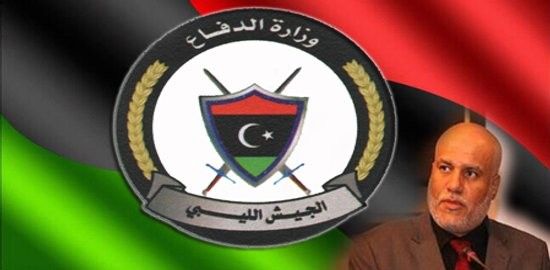Canadian LAV Armoured Vehicles in Poland. “Persistent Presence”
Another group of Canadian soldiers has been deployed to Poland, within the framework of the training operations, the aim of which is to support the NATO Eastern Flank. LAV III armoured vehicles are the backbone of the aforementioned unit.
The soldiers of the Canadian Army have been involved in the rotational exercises within the territory of Poland since 2014 now. An event, during which a transfer of responsibility between fourth and fifth rotation took place, was organized in Warsaw just recently. Until August 2016, an element of the Royal 22nd Regiment is going to be involved in the training operations within the territory of Poland. The unit involves mainly the soldiers of the 1st Battalion, it is equipped with ca. 30 LAV III APCs. The Canadian deployment includes ca. 220 troops.
The previous rotation was organized by the 3rd Battalion, a light infantry unit. Now mechanized units are going to be involved in the operations in Poland, using the LAV III APC as their main vehicle. 7th Coastal Defence Brigade and 25th Air Cavalry Brigade are the Polish units which are going to collaborate with the Canadians during this rotation.
During the earlier deployment, the Canadians had sent mainly the elements of the light infantry/airborne units to Poland. These elements were collaborating with the Polish 6th Airborne Brigade and 25th Air Cavalry Brigade. The fact that another rotation takes place may also be interpreted as a proof of the fact that the new Canadian government, led by Justin Trudeau, will continue the policy of supporting the NATO eastern allies. 22nd Regiment was also involved in the training activities organized for the Ukrainian Army. As it was noted by Col. Marek Pietrzak of the Polish General Command of the Armed Forces, the Canadian unit is also very famous for its involvement in the fights in Italy, which took place during the World War II.
LAV III is a wheeled armoured personnel carrier based on an 8x8 chassis, manufactured by the General Dynamics Land Systems Canada company. The vehicle is based on the Piranha III platform. 25 mm M242 Bushmaster cannon is the primary armament used by the LAV III APCs. The vehicles in question have been used operationally quite extensively, also during the operations in Afghanistan.
At the moment the carriers are being modernized within the scope of the LAV UP programme, with the modernization works including reinforcement of the suspension and increase of the maximum weight up to more than 28 tonnes. LAV III platform is also going to be fitted with a Double-V-Hull increasing the IED resistance. Finally, the carriers’ fire control system is also going to be modified. The aforementioned IFVs will also be fitted with the Caterpillar C-9 engine, with 450 HP of power output.
Similarly as in case of the previous rotations, Poland is to become the base and the main place of training for the Canadians, who are going to be involved in a series of operations in Romania, Bulgaria, Estonia, Latvia and Lithuania. Involvement in the largest exercise organized in Poland this year – the Anakonda 16 operation – is going to be one of the most important highlights of the Canadian deployment.
Joint training events involving the Polish Army are scheduled to take place in the firing ranges in Drawsko Pomorskie, Wędrzyn, Tomaszów Mazowiecki and Nowy Glinnik. Col. Pietrzak reports that Canadians are willing to focus on the tactical training, up to the company level, and live fire training, with the use of the standard weaponry.



WIDEO: Defence24 Days 2025: Premier Defence & Security Conference in CEE